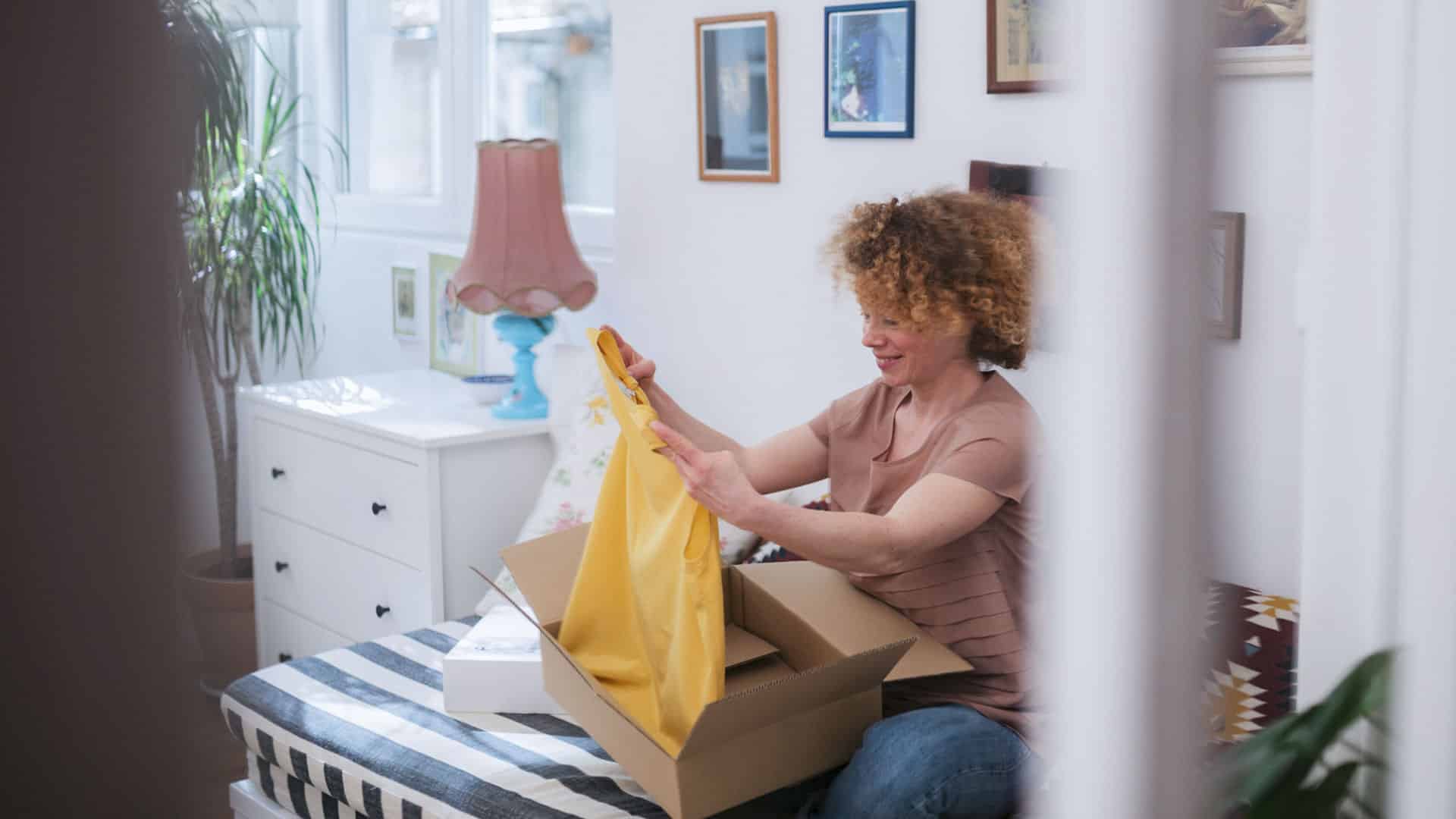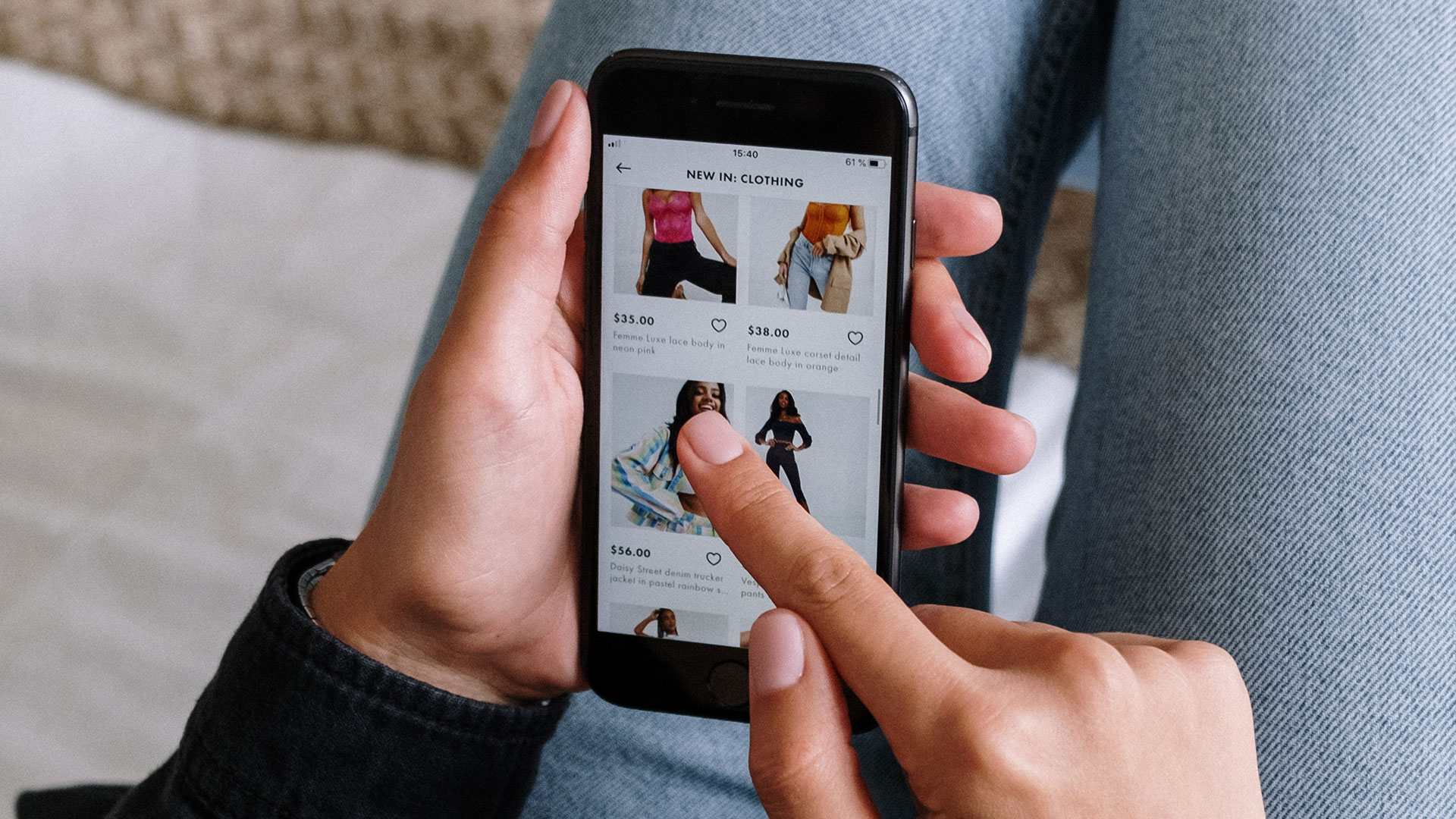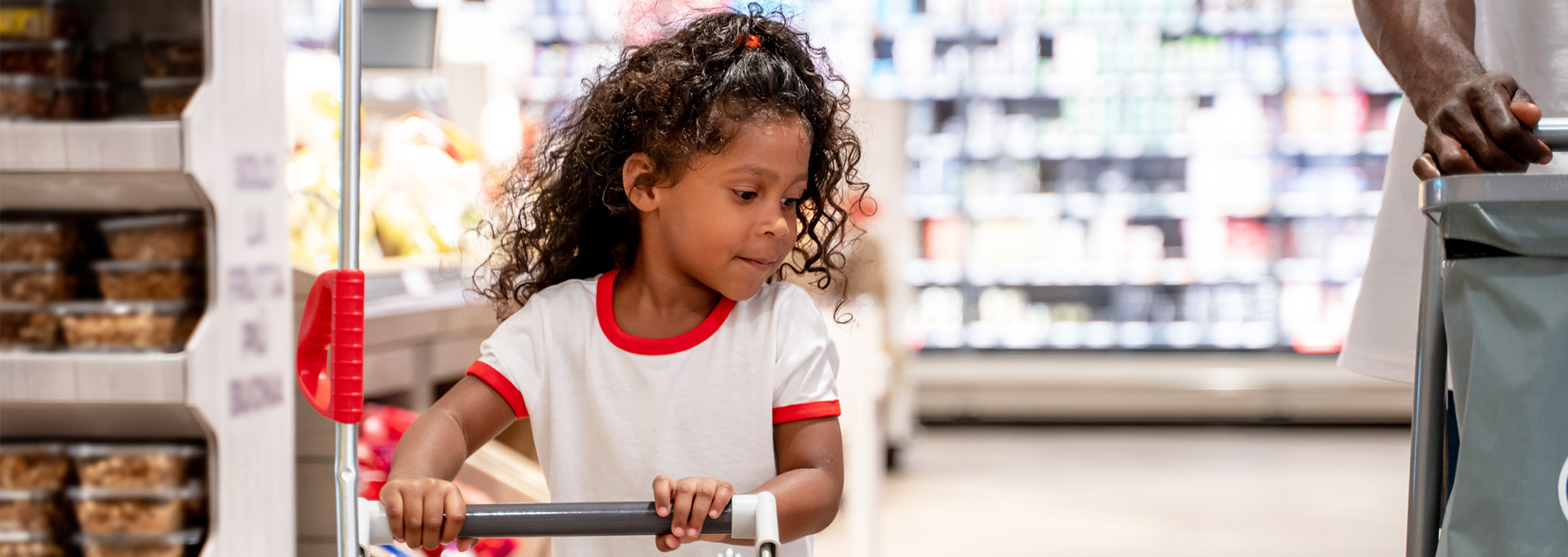Most products on this page are from partners who may compensate us. This may influence which products we write about and where and how they appear on the page. However, opinions expressed here are the author's alone, not those of any bank, credit card issuer, airline or hotel chain.
We’ve all been there before. When comparing two items, we’ve opted for the product with the lower price tag, only to have it break down or wear out sooner than we would have liked. Then, we’re back at the register, either opting for the more expensive product or giving in to the siren call of the cheaper option and repeating the cycle all over again.
With the environmental dangers of fast fashion and consumer electronic waste becoming more apparent every day, the importance of products that last a lifetime has never been greater. Plus, it just makes good economic sense: long-lasting products are often less expensive in the long run, even if the upfront cost is a bit higher.
A recent survey of 2,000 US adults conducted by OnePoll on behalf of Slickdeals determined that the average American consumer is willing to spend more than twice the sticker price for products that last a lifetime. That figure isn’t just dealing with hypotheticals. The study also found that the average person has held onto their oldest owned item for 15 years.
Additionally, 63% of those surveyed reported regretting purchasing a cheap version of a product before.
That said, every purchase is different. People found some things worth paying more for, while others are easier to write off as disposable. Given that a previous Slickdeals study found that nearly 70% of consumers said returns are the worst single aspect of online shopping, it’s important to discover which products are worth doing your research on to make sure you’ll be satisfied with them long-term.
Quality Over Cost on Purchases
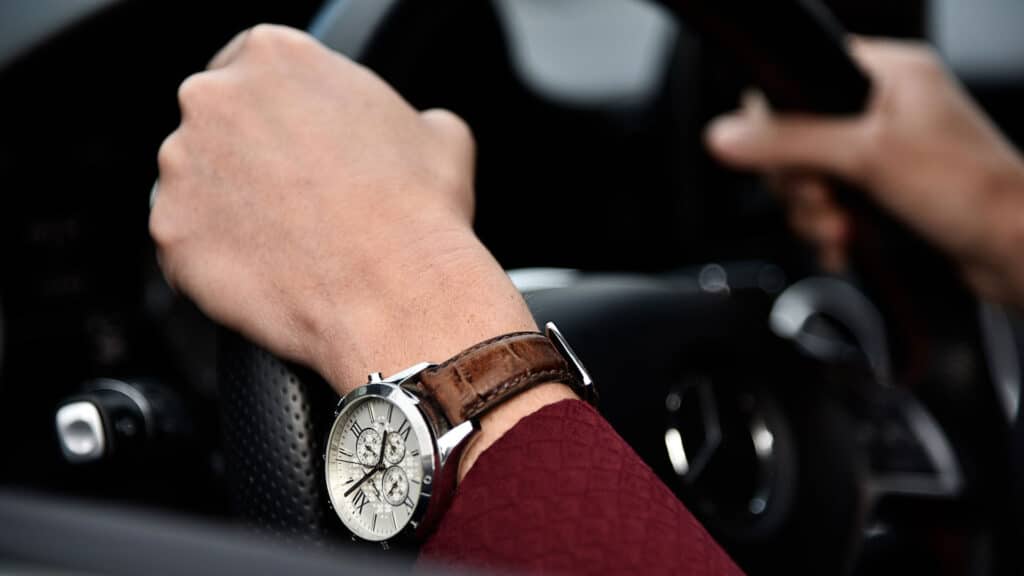
“A cheap upfront cost does not always mean you won’t end up paying for it later,” said Louie Patterson, personal finance manager for Slickdeals, “The concept of buy it for life can be a valuable one. Investing in a higher quality item can ultimately save you on replacement costs, as well as the time and energy spent researching and shopping for a new item.”
Patterson’s analysis is backed up by data: three in five consumers say that they would be willing to spend more money on quality products than something cheaper in price and lower in quality.
Of course, this isn’t a one-size-fits-all approach to shopping. If you’re looking to pick up some ziplock bags, for instance, you might not need them to last for multiple decades. Since time is also a valuable resource, focus your energy on researching long-lasting products that you’ll use every day.
In this study, consumers reported that the oldest items they used on a daily basis were phones (25%), cars (13%) and watches (8%). Meanwhile, clothing items like shoes and coats tend to get considerably less use. For most people, it makes more sense to do your research and perhaps save up for products with a potential for longevity that you’ll use every day, like phones and cars.
Indeed, the majority of people surveyed (67%) said that some items are always worth paying more for. As long as they last longer than the average lifespan for those products, at any rate. Those include:
- Cars (34%)
- Kitchen Appliances (34%)
- Cookware (30%)
- TVs (28%)
- Phones (26%)
Pay Attention to Daily Use
But of course, the onus isn’t entirely on the manufacturer to ensure products stay reliable for 10 or 20 years. If your car broke down after a few years because you never changed your oil, you could hardly blame Toyota. Over 7 in 10 Americans (71%) said that they performed regular maintenance to ensure that their oldest purchases stayed in working order.
Given that 69% of respondents said that their longest-lasting items are their most valuable, and taking into consideration people’s predilection to hold on to higher ticket items like cars and phones for longer periods of time, this makes a lot of sense. If you spend a lot of money on something, you want to make sure it’s in your life, and usable, for as long as possible.
Patterson says, “Overlooking quality by simply focusing on price is a mistake consumers sometimes make when looking for the best deal. Our community of millions of real shoppers is a great resource to ensure you’re getting the best products at the best prices.”
But researching for quality and performing basic maintenance aren’t the only ways to get the best bang for your buck. You should also consider ancillary protective products, such as lifetime warranties. Warranties can serve as a great piece of mind when you make a large purchase like an appliance or vehicle. In fact, 31% of Americans have purchased items with lifetime warranties, with 77% of those surveyed reporting that they chose lifetime warranty products over alternatives specifically because of the warranty.
New Purchase to Family Heirloom Pipeline
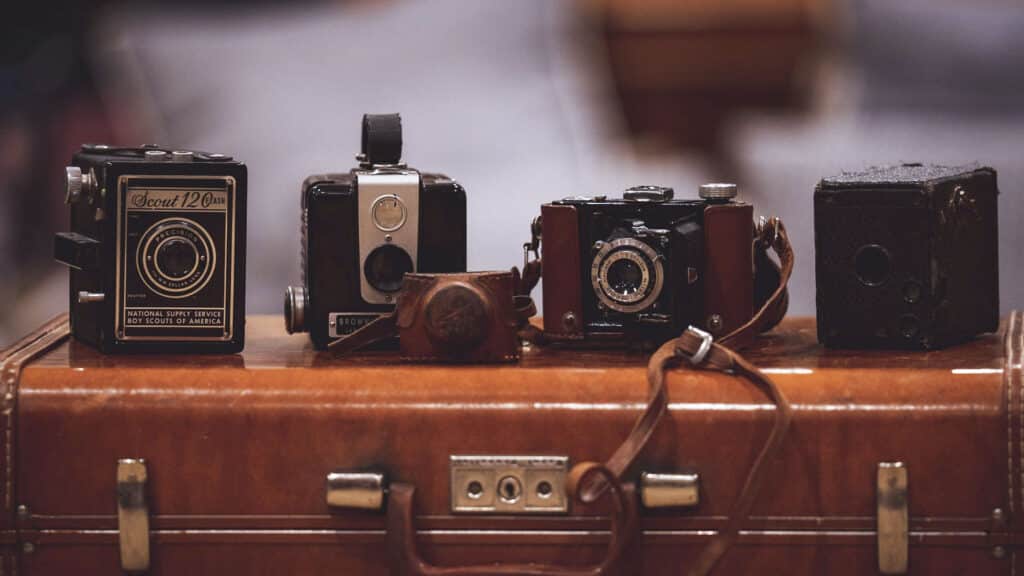
Keeping a product in your life for decades isn’t just about securing the best value, however. Despite the deepest desires of economists, human beings aren’t solely driven by financial self-interest.
Nearly half of those surveyed said they are sentimental about the oldest items they own, hoping to pass them down to their children and grandchildren. Over half (57%) base the value of their longest-lasting purchases on sentimentality as opposed to pure monetary value. Luckily for them, 61% of consumers claim that some of their oldest items are ageless — classics that seemingly never go out of style.

The Best Credit Cards to Maximize Amazon Purchases
Bottom Line
When making a purchase, ask yourself some simple questions, and be honest. Do I see myself using this product in five years? Ten? What premium am I willing to pay to get a reliable version of this item that won’t break down, forcing me to start the research cycle all over again? Is this product something I want my child to use one day?
If you’re looking to buy a new pair of sunglasses, then, it’s probably a better strategy to accept that they’re unlikely to stick with you to the 2040s. But when you’re looking to buy a new car or phone, research with an eye towards longevity.
Luckily, Slickdeals' massive community of savvy online shoppers is here to help you figure out which products are worth paying a little extra for. If you're ever on the fence about a certain purchase, make sure to search for it on our site to see what users think its true value is.



